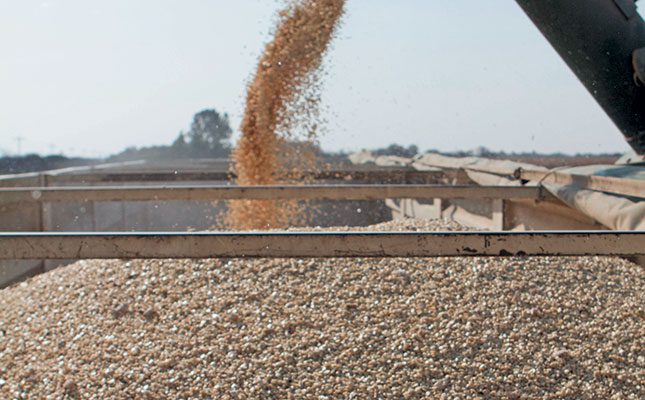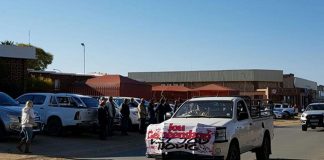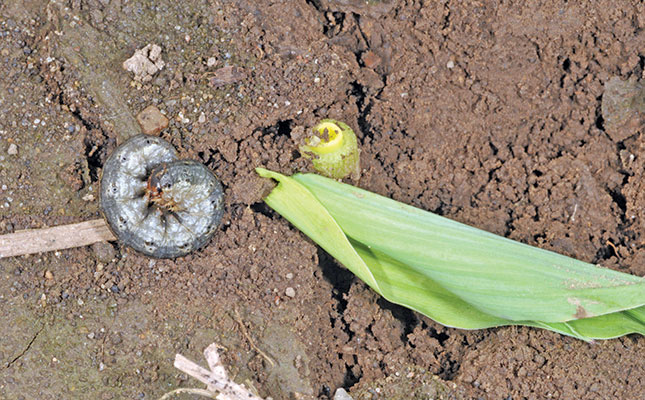
The company reported a turnover of R7 902 million, earnings after tax attributable to shareholders of R525 million, and normalised earnings of 301,6c per share.
Van der Rheede stressed the fact that South African agribusinesses had to operate under the most taxing of conditions given the infrastructural collapse in the country, including a ruined road system, clogged harbours and municipalities that were failing in the extreme.
“Despite these challenges, the South African agribusiness sector remains vibrant and prosperous through careful planning, a positive vision and mission, and commitment to their clients,” he said.
Francois Strydom, CEO of the Senwes Group, said in a statement the interim financial results confirmed its belief that financial outcomes follow a well-thought-out and sustainable strategy. According to him, risk mitigation, such as the recent acquisition of a fourth John Deere dealership in Germany, was an example of the company’s strategy in action.
“Any producer will tell you that no two agricultural years are the same. With the looming El Niño, producers will naturally manage their balance sheets more conservatively, but we can see from seed, fertiliser, lime, and soil sample purchases that producers still plan to plant,” said Strydom.
Senwes said in a statement the acquisition of its fourth John Deere dealership in Germany was finalised during the first six months of 2023. The German dealerships were still in a growth phase. From a cash flow perspective, however, these businesses were currently self-sustaining, and Senwes was not required to make any additional investments.
During the first half of the financial year, the Senwes Group entered into a transaction with two third parties, offering credit life insurance on production loans through a cell captive structure with Guardrisk.
Strydom also pointed out that the group embarked on the implementation of efficiency programmes to address economic challenges such as higher inflation and interest rates.












